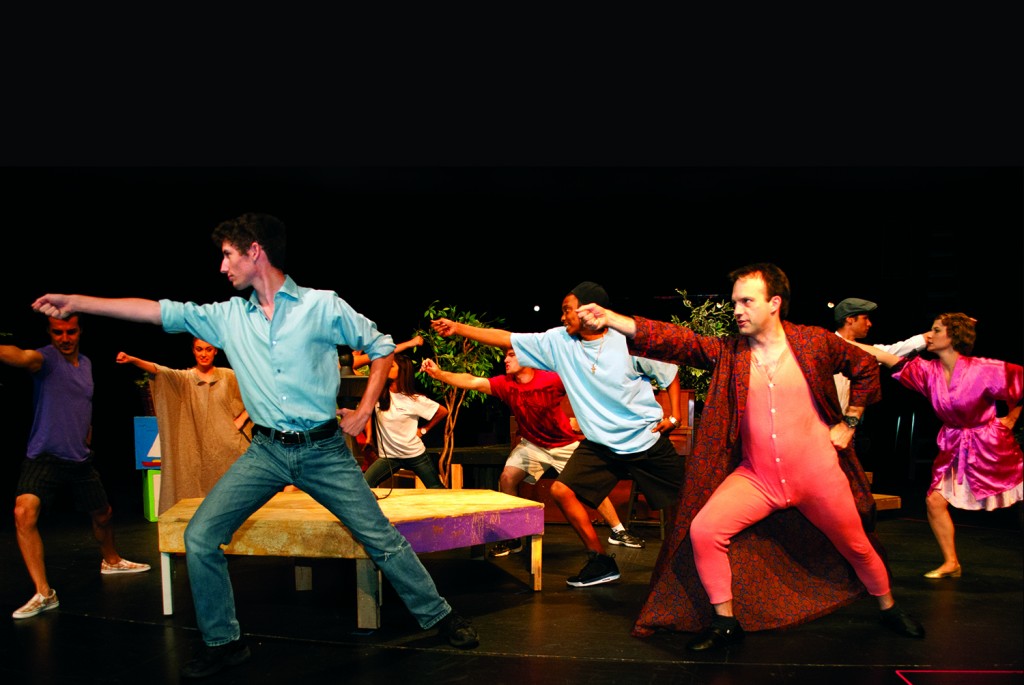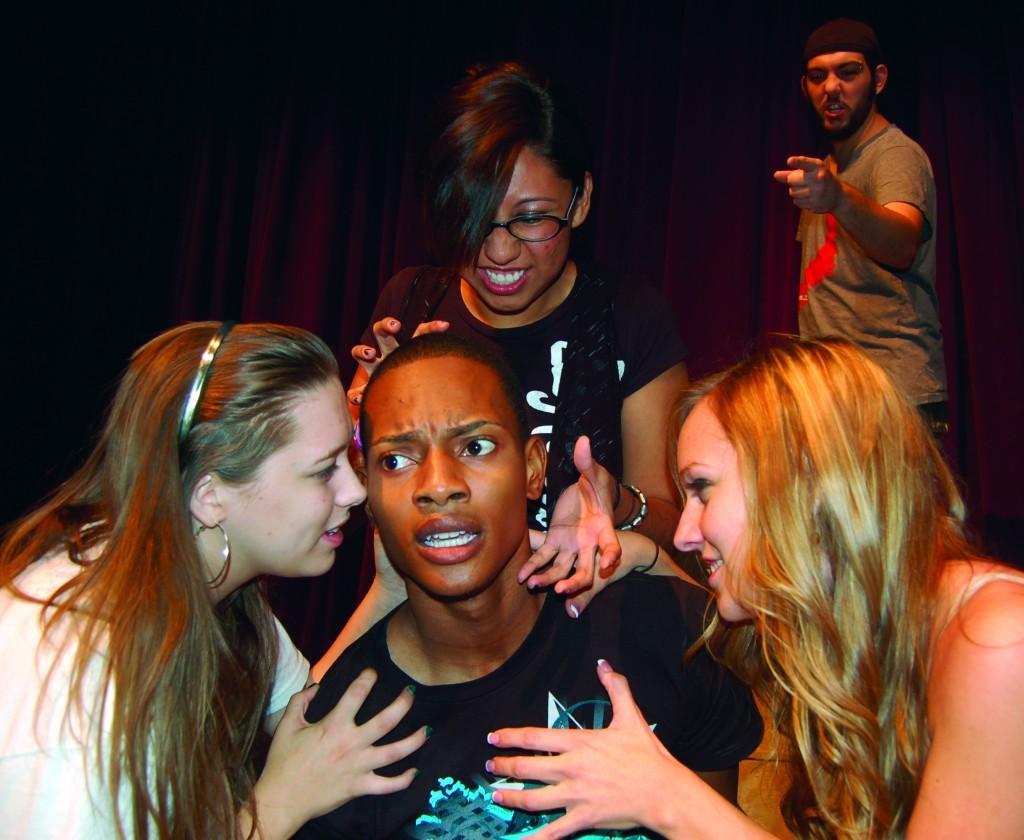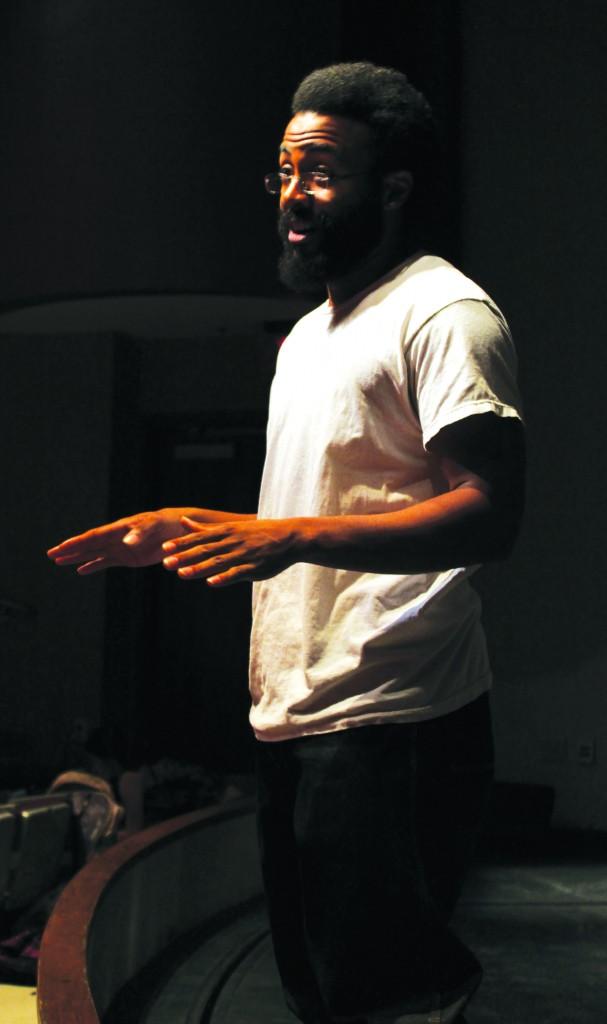By Bethany Peterson/editor-in-chief
The term of current members of the board will be extended one year if the board passes a proposed resolution.
Complications caused by a new state law means county election equipment won’t be available for TCC, public school ISD and city elections, which are currently held in May of even-numbered years. To avoid complications and added costs, TCC and several other entities are considering moving elections to odd-numbered years.
If the election date moves to odd years, all current-serving members would have one year added to their terms so elections would fall on odd years.
The new law, Senate Bill 100, extends the period for mail-in ballots to be returned, thus pushing runoff elections for primaries into the time frame of TCC trustee elections, said Tom Carr, a Fort Worth lawyer who aids the district with election matters.
“They [runoff elections] have early voting, which takes up a lot of equipment,” Carr said, “and there isn’t enough time to program and test the equipment.”
Therefore, no equipment and personnel would be available for TCC trustee elections during the current time frame.
TCC has three options: keep the current election schedule, move elections to November of even-numbered years or move elections to May of odd-numbered years.
If TCC remains on the current schedule, it might have to buy or rent its own equipment and train personnel to conduct the elections.
“We have 15-20 polling locations per district,” Carr said.
That translates into a lot of money per election, he said.
Or, if equipment happened to be available from the county for an election, but other entities moved their elections and TCC didn’t, TCC would pay $75,000 per district, the full cost of an election, rather than the $25,000 it currently pays when co-hosting an election. TCC elects two districts at a time, so that would be a total of $150,000 instead of $50,000.
“The cost of having elections in even years is almost cost-prohibitive,” said Bill Greenhill, the board president.
TCC could move to November of even years and hold elections at the same time as general elections.
However, a concern about ballot confusion exists, Carr said.
General elections are partisan with Republican and Democratic candidates and the option for straight-party voting.
Since TCC elections are nonpartisan, the combined format could be confusing to voters.
Voting in November would also raise costs. General elections have a polling location in every precinct, Carr said.
“When we conduct an election for the college, we combine a lot of precincts into one polling location,” he said.
It is not unusual for five to seven precincts to be combined, saving the district money, Carr said.
The final option moves the election to May of odd-numbered years. Fort Worth currently holds its election on odd-numbered years, so TCC would have one guaranteed cost-sharing partner.
“We don’t know anything for sure, but the school district and water district are looking at moving to odd years,” Carr said.
However, the law requires that a move to odd years be made before Dec. 31. Moving to odd years is the solution Carr supported at the meeting.
“I’m convinced the county is very concerned about this,” Carr said. “I would highly suggest that we go with Option 3 [moving to odd years].”
Board members expressed support for a move to odd-year elections at its Sept. 15 meeting, so much so that the redistricting resolution was passed with odd-year dates listed for future elections.
“I’m wholeheartedly behind going to the odd years,” trustee Kristin Vandergriff said. “We have 400 polling sites, and it would be an exorbitant figure for us to do on our own. The other issue is voter fatigue and voter confusion.”
Trustees Greenhill, O.K. Carter and Gwendolyn Morrison voiced support for the move as well.
“Moving to the odd year, even thought it gives us an extra year, is the most cost-efficient,” Greenhill said.
Trustees Louise Appleman and Robyn Winnett were absent from that meeting. The board will vote on the proposed move at its Oct. 20 meeting.
























